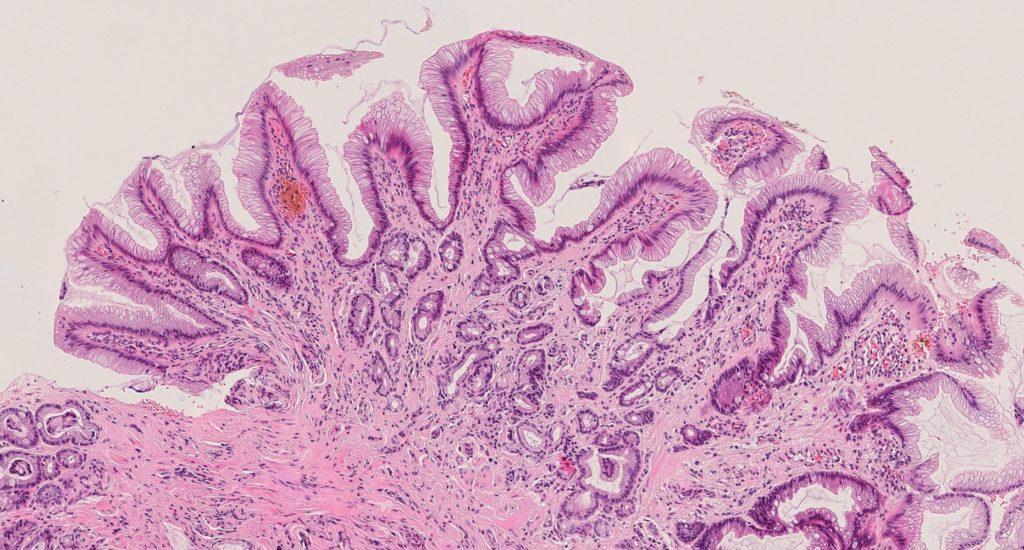Research team awarded £20m funding to tackle cancer’s biggest questions
 Dr Stuart McDonald from our Centre for Tumour Biology has been announced by Cancer Research UK as a member of a global research team funded through its Grand Challenge competition- an international funding initiative that aims to answer some of the biggest questions facing cancer research.
Dr Stuart McDonald from our Centre for Tumour Biology has been announced by Cancer Research UK as a member of a global research team funded through its Grand Challenge competition- an international funding initiative that aims to answer some of the biggest questions facing cancer research.
Grand Challenge brings together the brightest scientists from around the world and from different disciplines to find solutions to cancer’s toughest challenges and save more lives. It is open to all scientists to bring innovative, international and collaborative approaches to research.
The Team

Dr McDonald is a co-investigator in the team STORMing Cancer, consisting of collaborators from the U.S., Canada, the UK and Israel, and led by Professor Thea Tlsty from the University of California, San Francisco. This pioneering team has been awarded £20 million to uncover how chronic inflammation promotes the development of cancer and identify novel ways to prevent cancer developing in high-risk patients with chronic inflammatory diseases.
Inflammation is the body’s first defence against infection and injury; however, chronic inflammation- where the immune system fails to limit itself and inflammation is inappropriately sustained- is involved in 20-25% of cancers globally. It is currently not fully understood how chronic inflammation drives cancer development. The team aims to discover the mechanism behind this process in a number of different cancers and use this information to develop novel therapies that target or adjust their microenvironment signals to return the tumour to a ‘normal’ or ‘benign’ state.
Predicting the risk of progression to cancer
Dr McDonald will be focussing on Barrett’s oesophagus, an inflammatory condition (mainly caused by acid reflux) in which the normal cells (epithelial cells) that line the oesophagus are replaced by ones that look like those in the bowel. Barrett’s oesophagus is common in the UK, and those with the condition have a 40-fold increased risk of developing oesophageal cancer compared with the normal population.
It is difficult to identify patients with Barrett’s oesophagus who have a high risk of developing oesophageal cancer. Currently, all patients are placed under surveillance to monitor any further changes in the cells, which involves endoscopies at intervals ranging from every two to five years. This is an invasive and expensive procedure and does not currently inform about future cancer risk.
As part of the Grand Challenge, Dr McDonald aims to identify changes that occur in the microenvironment that result in changes in the epithelium which promote progression from Barrett’s oesophagus to cancer, by examining samples from the same patients over time. This is hoped to lead to the identification of novel features that may be used to predict which patients are at high risk of developing oesophageal cancer.
The team endeavour to use this knowledge to develop novel clinical tools, such as ‘tissue-normalising’ therapies that are able to revert cancers back to a premalignant state, or that prevent cancer formation in the first place.
Dr McDonald said: "Chronic inflammation confers a significant cancer risk to patients and despite advances in our knowledge of the genetic damage to epithelium in cancer, we know little of how the environment that surrounds the epithelium promotes or even prevents such changes. This work will allow detailed analysis of these processes and in conjunction with the rest of our team, we will be able to investigate potential routes of exploiting the crosstalk between the epithelium and the stromal microenvironment as a novel therapeutic strategy."
Category: General News, Grants & Awards

No comments yet